Whom Shall I Fear
$13.99
Churches are not immune to violence, as we have seen from shootings at houses of worship across the nation. The challenge for faith communities is how to respond to potential violence.
Whom Shall I Fear? asks congregational leaders to examine whether their operational and security policies are consistent with gospel values. It raises common themes in approaches to church security and looks at them in the light of scripture.
Whom Shall I Fear? provides thought-provoking reflections on topics such as locked doors, living faithfully in an unfaithful world, the question of armed security in a church setting, and the duty of Christians to extend hospitality to their neighbor. It includes stories from survivors of gun violence and wisdom on how churches can work to transform an anxious and fear-driven world. Whom Shall I Fear? helps the church thoughtfully wrestle with what it means to be a church of grace, welcome, and love when confronted with acts of cruelty, division, and hate.
in stock within 3-5 days of online purchase
SKU (ISBN): 9780835819671
ISBN10: 0835819671
Rosalind Hughes
Binding: Trade Paper
Published: July 2021
Publisher: Upper Room Ministries
Print On Demand Product
Related products
-
Drawing Pad : Available From Anchor
$4.99Games and Toys
Additional Info
This generously sized drawing pad provides a clean sheet for every creative whim. Premium white bond paper is ideal for pencils, crayons, markers, chalk, watercolor or poster paints.Add to cartin stock within 3-5 days of online purchase
-
Bargain For Frances Level 2
$3.99Frances and Thelma are friends — most of the time
Thelma always seems to get Frances into trouble. When she tricks Frances into buying her tea set, it’s the last straw. Can Frances show her that it’s better to lose a bargain than lose a friend?
Add to cart2 in stock
-
Great By Choice
$29.99The new question
Ten years after the worldwide bestseller Good to Great, Jim Collins returns with another groundbreaking work, this time to ask: Why do some companies thrive in uncertainty, even chaos, and others do not? Based on nine years of research, buttressed by rigorous analysis and infused with engaging stories, Collins and his colleague, Morten Hansen, enumerate the principles for building a truly great enterprise in unpredictable, tumultuous, and fast-moving times.The new study
Great by Choice distinguishes itself from Collins’s prior work by its focus not just on performance, but also on the type of unstable environments faced by leaders today.With a team of more than twenty researchers, Collins and Hansen studied companies that rose to greatness-beating their industry indexes by a minimum of ten times over fifteen years-in environments characterized by big forces and rapid shifts that leaders could not predict or control. The research team then contrasted these “10X companies” to a carefully selected set of comparison companies that failed to achieve greatness in similarly extreme environments.
The new findings
The study results were full of provocative surprises. Such as:The best leaders were not more risk taking, more visionary, and more creative than the comparisons; they were more disciplined, more empirical, and more paranoid.
Innovation by itself turns out not to be the trump card in a chaotic and uncertain world; more important is the ability to scale innovation, to blend creativity with discipline.
Following the belief that leading in a “fast world” always requires “fast decisions” and “fast action” is a good way to get killed.
The great companies changed less in reaction to a radically changing world than the comparison companies.
The authors challenge conventional wisdom with thought-provoking, sticky, and supremely practical concepts. They include: 10Xers; the 20 Mile March; Fire Bullets, Then Cannonballs; Leading above the Death Line; Zoom Out, Then Zoom In; and the SMaC Recipe.Finally, in the last chapter, Collins and Hansen present their most provocative and original analysis: defining, quantifying, and studying the role of luck. The great companies and the leaders who built them were not luckier than the comparisons, but they did get a higher Return on Luck.
This book is classic Collins: contrarian, data-driven, and uplifting. He and Hansen show convincingly that, even in a chaotic and uncer
Add to cart1 in stock

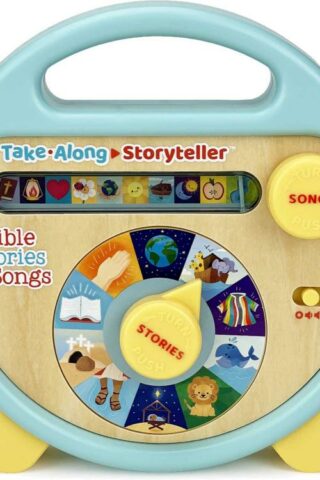

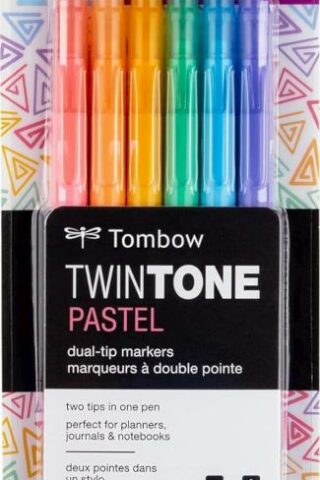

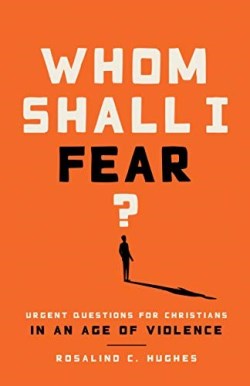



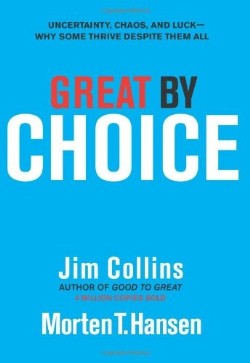
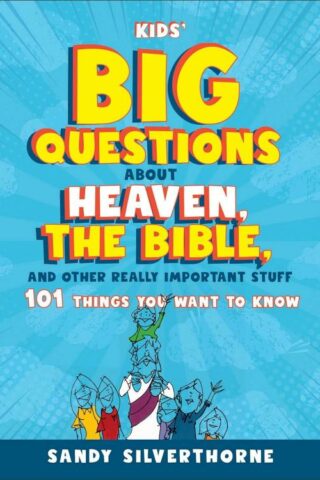

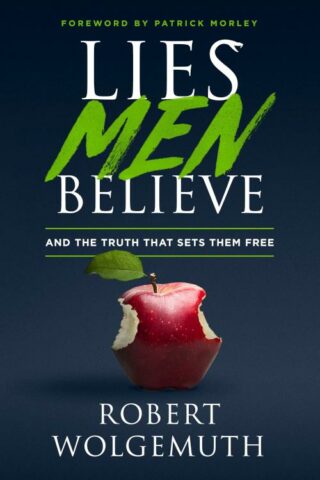
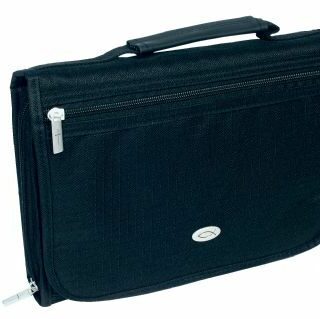
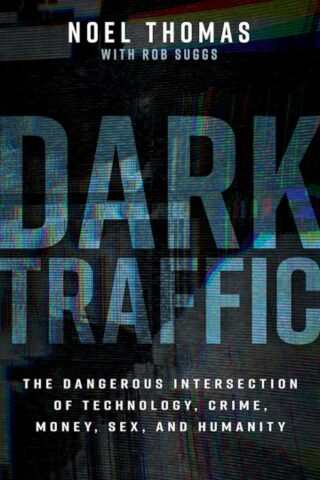
Reviews
There are no reviews yet.